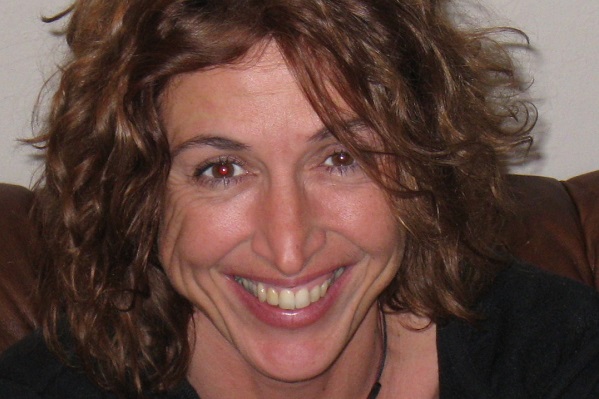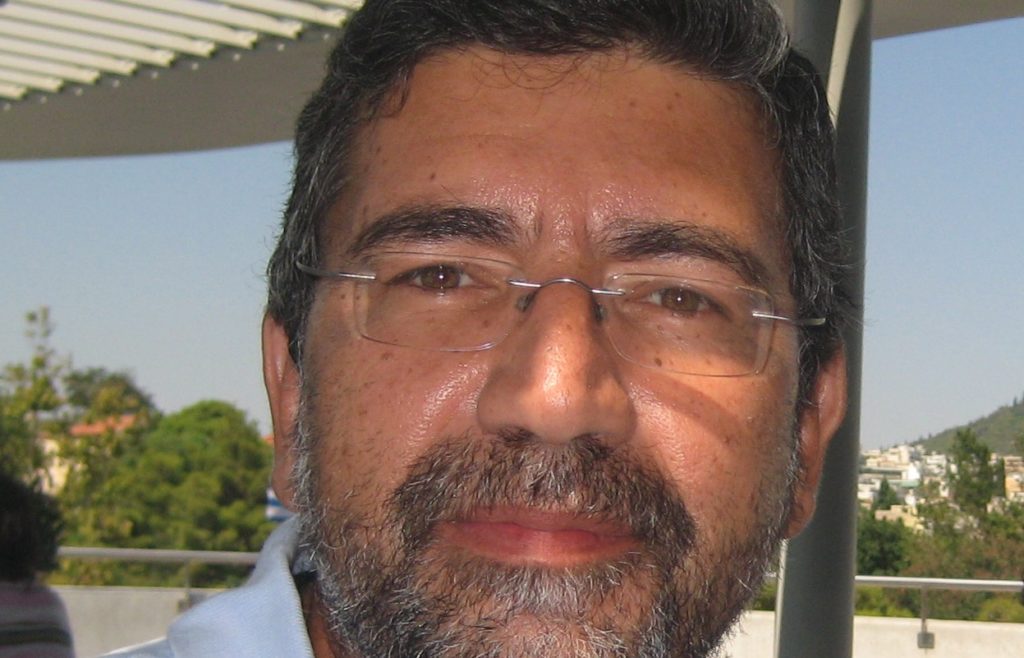When Greek schools closed in early March because of the pandemic, 18 schools already participated in the piloting phase of the EWC project “Schools for All – Integration of Refugee Children in Greek Schools”. Despite being temporarily interrupted in their efforts, schools report on positive results.
“Taking part in the project has offered ways and possibilities for the schools’ management and teaching staff to discuss about their school” says Head Trainer Angelos Vallianatos. “It is crucial to realize and depict the school’s character and culture and cooperate on finding ways to work together to create an inclusive school community”.
The 18 schools currently in the project have more than 430 refugee students combined, and 250 teachers are involved in school trainings and activities.
“We see that more and more teachers in the schools join activities,” says lead expert Gelly Aroni.

“At the start not all teachers had the motivation or the willingness to participate in trainings and action plan activities, but gradually trainings had more participants and they felt that they actually, realistically, concretely supported the schools in promoting cooperation among teachers in facilitating their daily practices with refugee students.”
Mentored by a dedicated national pool of trainers trained through the project, schools follow an action plan worked out in each school customized to their specific situation. The actions in schools involve teachers, school management, students and parents through a whole school approach. Various topics are addressed, such as inclusion of refugee students in school life, teaching and learning in the context of a democratic school, promotion of tolerance and respect for diversity, democratic school governance, communication between school community stakeholders, contact with refugee students’ parents and caregivers, how to approach refugee students’ needs, and much more.
“One of the dangers of trying to cultivate an inclusive spirit at the school community is to have the “others” separated,” noted Vallianatos.
With the pandemic effectively closing schools, this point is even more valid. While online learning provides both opportunities and obstacles for both school staff and students, one has to be aware that for refugee students it may lead to further exclusion, simply because of lack of access to computers or internet.
“Even before the pandemic,” Vallianatos says, “working with refugee students -as well as with every person who can be characterised as “different”- can often be motivated by charity or feelings. This is why democracy, as a way of thinking and acting, safeguards that all students, without exceptions, enjoy the right to equal opportunities to quality learning.“

Next school year new schools will join the project along the schools that had their work interrupted this year.
“Teaching democracy as a school subject is not sufficient, and does not necessarily leads to experiencing inclusion,“ says Vallianatos. “The need is that school functions as a democratic community in all its aspects. Supporting refugee students is less or not effective if the school atmosphere is not inclusive.”
“Schools for All – Integration of Refugee Children in Greek Schools” is a 3-year project supported by the EEA/Norway Grants. It is conducted by The European Wergeland Centre under the auspices of the Hellenic Ministry of Education and Religious Affairs.